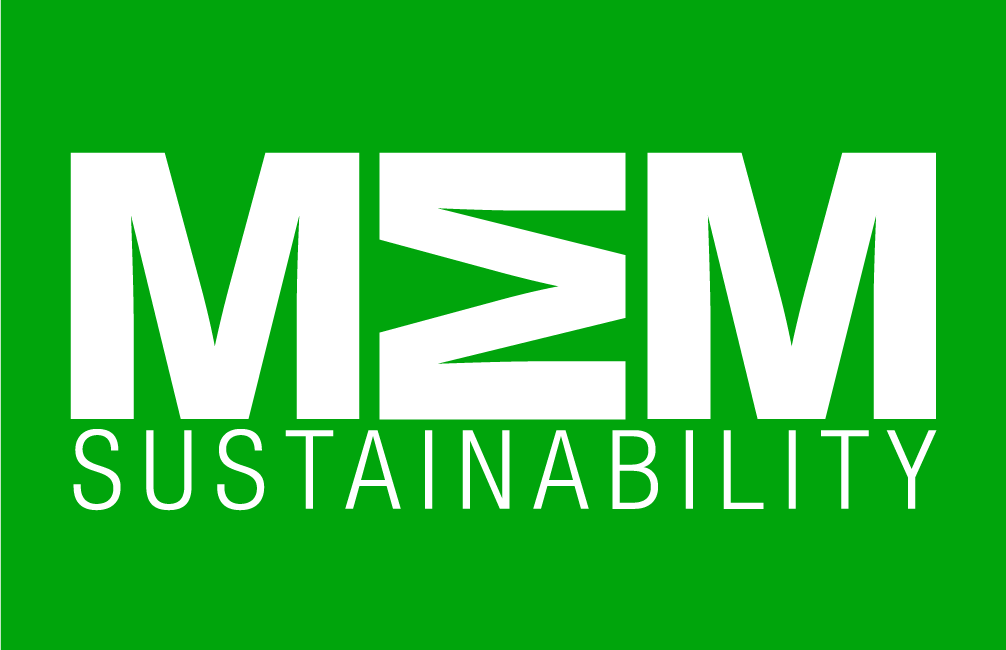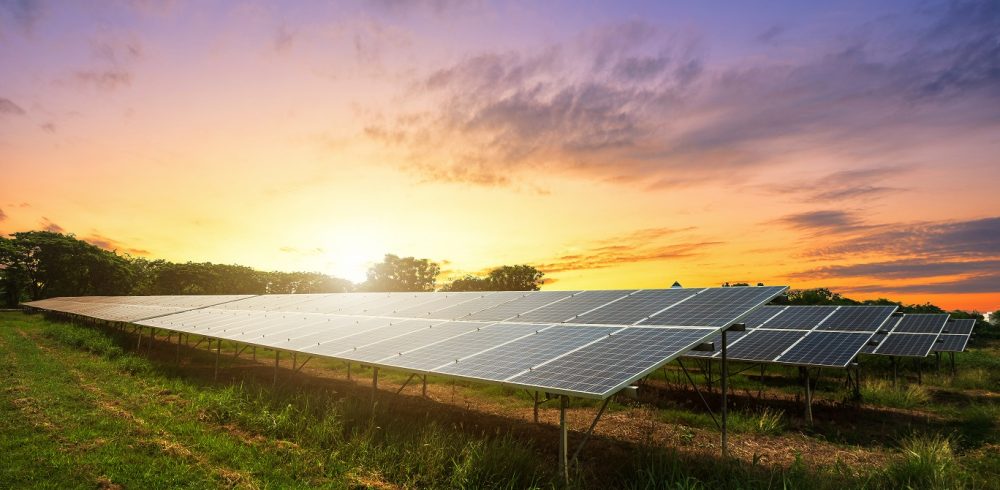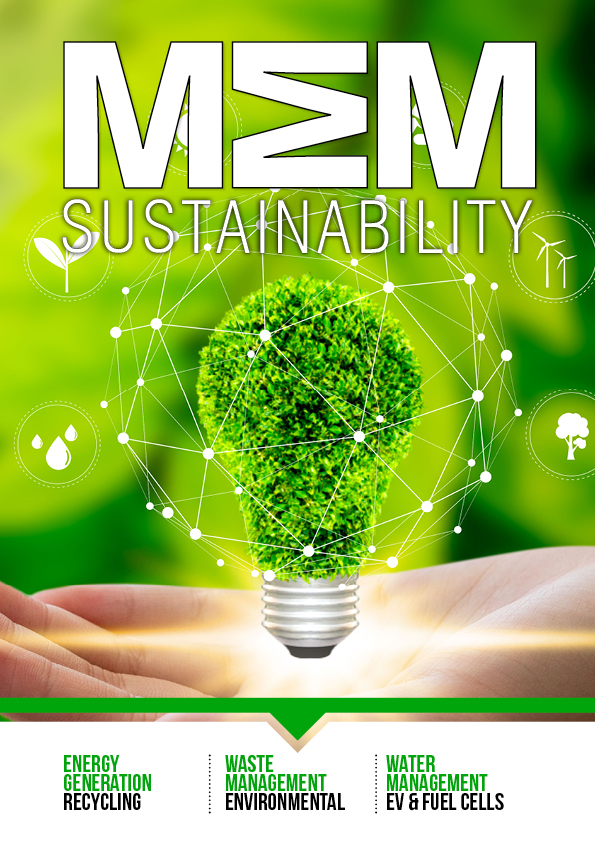Powering Our Future Through Solar Farms : Climate change is one of the most concerning challenges that humanity will ever face. According to a report from the Intergovernmental Panel on Climate Change (IPCC), the climate crisis is “widespread, rapid and intensifying”.
However, scientists believe that there is still time to reduce the impact of climate change and safeguard our planet for many years to come.
Renewable energy
The burning of fossil fuels, such as coal, natural gas, and oil, for electricity and heat is the largest single source of global greenhouse gas emissions.
If we are to slow the effects of climate change, we need to switch to renewable energy sources to power our homes, businesses and vehicles.
Renewable energy sources, such as the sun and wind, can be used to produce electricity and heat to power our lives. These resources are abundantly available, cause little, if any, damage to the environment, and do not deplete the Earth’s resources.
How can solar energy help?
Solar power is renewable energy produced by the Sun. It can power both electricity and heat and does not damage our environment in any way. It currently accounts for around four per cent of Britain’s total electricity generation and is the third most generated renewable energy in the UK.
Solar farms, also known as a solar park or solar power plant, are large areas of land containing ground-mounted solar photovoltaic (PV) panels, which convert light directly into electricity. They produce direct current (DC) electricity, which needs converting with an inverter to alternating current (AC) electricity, which is used by the national grid.
Over the past five years, the solar capacity in the UK has increased by 141 per cent, from 5,488.6 MW to 13,258 MW. The UK pipeline for new ground-mounted solar farm sites is also strong, with 58 sites under review for 2021 construction.
Pre-planning considerations
Careful consideration needs to be given from the very start of the planning process, before an application for a solar farm is submitted, and the Local Planning Authority and local community should be consulted at an early stage.
The next step is to carry out an Environmental Impact Assessment (EIA). Proposals should be assessed against the selection criteria of the EIA Regulations, to ensure that the development doesn’t have a significant impact on the environment.
Solar panels can disturb habitats and species, but carefully designed and well-managed solar farms can actually boost a number of benefits for local ecosystems and wildlife.
The National Planning Policy Framework sets out a number of guiding principles when considering the impacts that could take place during the construction, operation and decommissioning of a solar farm development.
In additional to an EIA, an Ecological Assessment will consider the surrounding wildlife and habitats. An experienced ecologist will ensure that any adverse impacts are identified and mitigated against.
In addition to identifying any adverse impacts, an ecologist will be able to advise on opportunities to increase the biodiversity value of a site. According to recent studies, many renewable energy sites are often able to provide biodiversity and habitat provision and increased pollination rates. An expert will be able to recommend a suitable management regime that can build upon and extend existing habits or create new ones.
Additional assessments may also be necessary, including:
- A Landscape/ Visual Assessment if the application site lies within, or would impact upon, an Area of Outstanding Natural Beauty, National Park or World Heritage Site.
- A Historic Environment Statement if a site will affect heritage assets.
- An Assessment of the impact on agricultural land, where applicable, to ensure that development is only carried out on specific grades of agricultural land.
- A Flood Risk Assessment to consider the impact of drainage.
Expert advice
With numerous other impacts to consider when applying for planning permission for a solar farm, it can be complex to gather all the necessary assessments. This is where an ecological expert can help. They will be able to guide you through the necessary precautions, to maximise the positive impacts that the project can achieve.
From protecting the natural habitats of wildlife to the impact on biodiversity, they will work closely with you to address key issues around ecology, heritage and landscape.
____
To discuss how Engain’s environmental consultants can ensure your project adheres to planning rules and is as environmentally sensitive as possible, call 01225 459564 or email enquiries@engain.com
Manufacturing & Engineering Magazine | The Home of Manufacturing Industry News
















